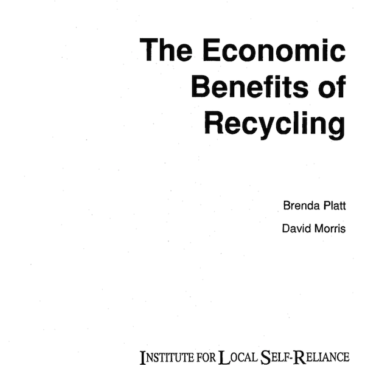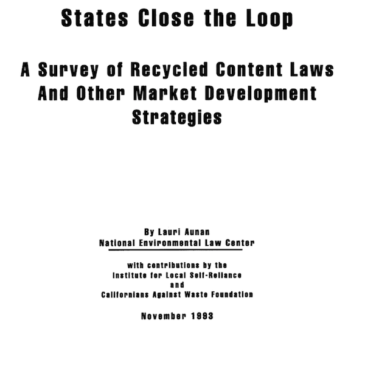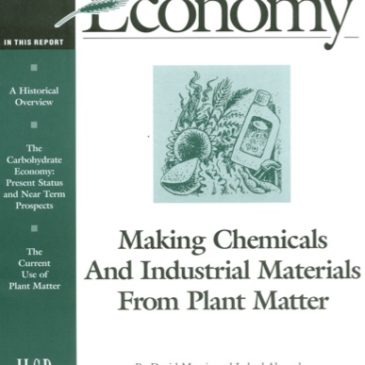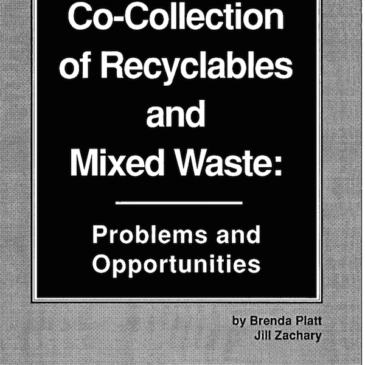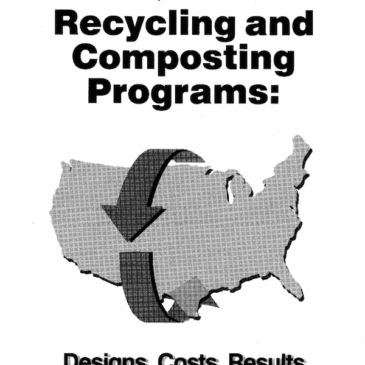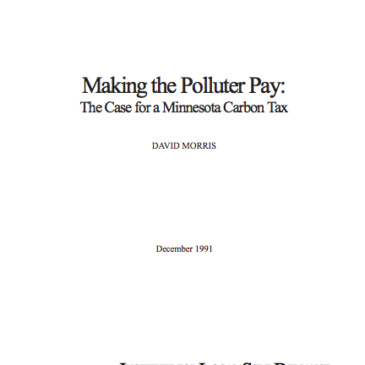This 1992 report by David Morris is a review of the Mondragon Cooperative in Spain. The report examines cooperative structure, management, education, finance, and banking.
The Mondragon Cooperative Corporation is a 35 year old experiment in building a comprehensive cooperative society in which labor plays the primary and dominant role. The Cooperative Group has amassed technical, managerial and financial resources comparable to those of a major corporation and used those resources to further social as well as economic goals that emphasize the importance of community and small and medium scale enterprise.
… Read More




